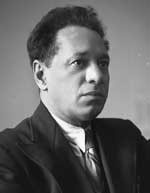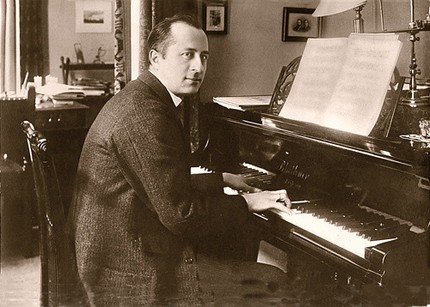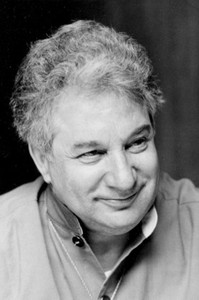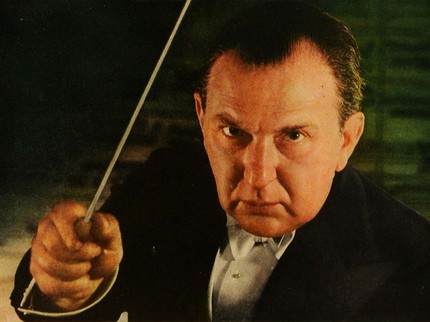
Grigory Arnoldovich Stolyarov (Stolyarov, Grigory) |
Stolyarov, Grigory

The years of Stolyarov’s studies were spent at the St. Petersburg Conservatory. He graduated from it in 1915, studying violin L. Auer, conducting N. Cherepnin and instrumentation A. Glazunov. The young musician made his debut as a conductor when he was still a student — under his direction, the Conservatory Orchestra played Glazunov’s elegy “In Memory of a Hero”. After graduating from the conservatory, Stolyarov was a member of the L. Auer Quartet (later the Petrograd Quartet).
In the very first years of Soviet power, Stolyarov took an active part in the construction of folk culture. Since 1919, he has been working in Odessa, conducting at the Opera and Ballet Theatre, teaching at the conservatory, being its rector from 1923 to 1929. In one of his letters to Stolyarov, D. Oistrakh wrote: “In my heart I always keep deep gratitude to you, the rector of the Odessa Conservatory, where I studied and led the student symphony orchestra, where I learned the basics of musical culture and joined labor discipline” .
The invitation of V. I. Nemirovich-Danchenko opens a new stage in the musician’s creative activity. The famous director entrusted Stolyarov with the musical direction of the theater, which now bears the names of K. S. Stanislavsky and V. I. Nemirovich-Danchenko (1929). Under his direction, D. Shostakovich’s “Lady Macbeth of the Mtsenek District” and I. Dzerzhinsky’s “Quiet Flows the Don” were performed in Moscow for the first time. At the same time, Stolyarov performed in symphony concerts, since 1934 he became a professor at the Moscow Conservatory, and taught at the Institute of Military Conductors. During the Great Patriotic War, Stolyarov served as director of the Moscow Conservatory, and since 1947 he worked at the All-Union Radio.
The last decade of his creative life was devoted to the Moscow Operetta Theatre, of which he became chief conductor in 1954. This genre has long attracted Stolyarov. In his younger years, he sometimes played in the orchestra of the Petrograd operetta, and when he became director of the Moscow Conservatory, he put forward a proposal to organize an operetta department at the opera class.
Such a connoisseur of operetta as G. Yaron highly appreciated Stolyarov’s activity: “G. Stolyarov showed himself to be a great master in our genre. After all, it is not enough for the conductor of an operetta to be a good musician: he must be a man of the theater, be a brilliant accompanist, taking into account the fact that in an operetta the actor leads the stage, talking and continuing it by singing; our conductor must accompany not only singing, but also dancing; it should be extremely specific to the genre. Working in the operetta theater, Stolyarov was passionate about the play, the action on stage and sensitively conveyed the situation of the libretto with the colors and nuances of the orchestra … Grigory Arnoldovich wonderfully heard the orchestra, subtly taking into account the singing capabilities of this or that artist. Leading the orchestra, he was not afraid of the bright effects so necessary in our genre. Stolyarov perfectly felt the classics (Strauss, Lehar, Kalman) and at the same time played a big role in the further development of the Soviet operetta. After all, it was he who was the first to conduct operettas by D. Kabalevsky, D. Shostakovich, T. Khrennikov, K. Khachaturian, several operettas by Y. Milyutin and our other composers. He put all his temperament, vast experience and knowledge into staging Soviet operettas.”
Lit .: G. Yaron. G. A. Stolyarov. “MF” 1963, No. 22; A. Russovsky. “70 and 50”. To the anniversary of G. A. Stolyarov. “SM”, 1963, No. 4.
L. Grigoriev, J. Platek





